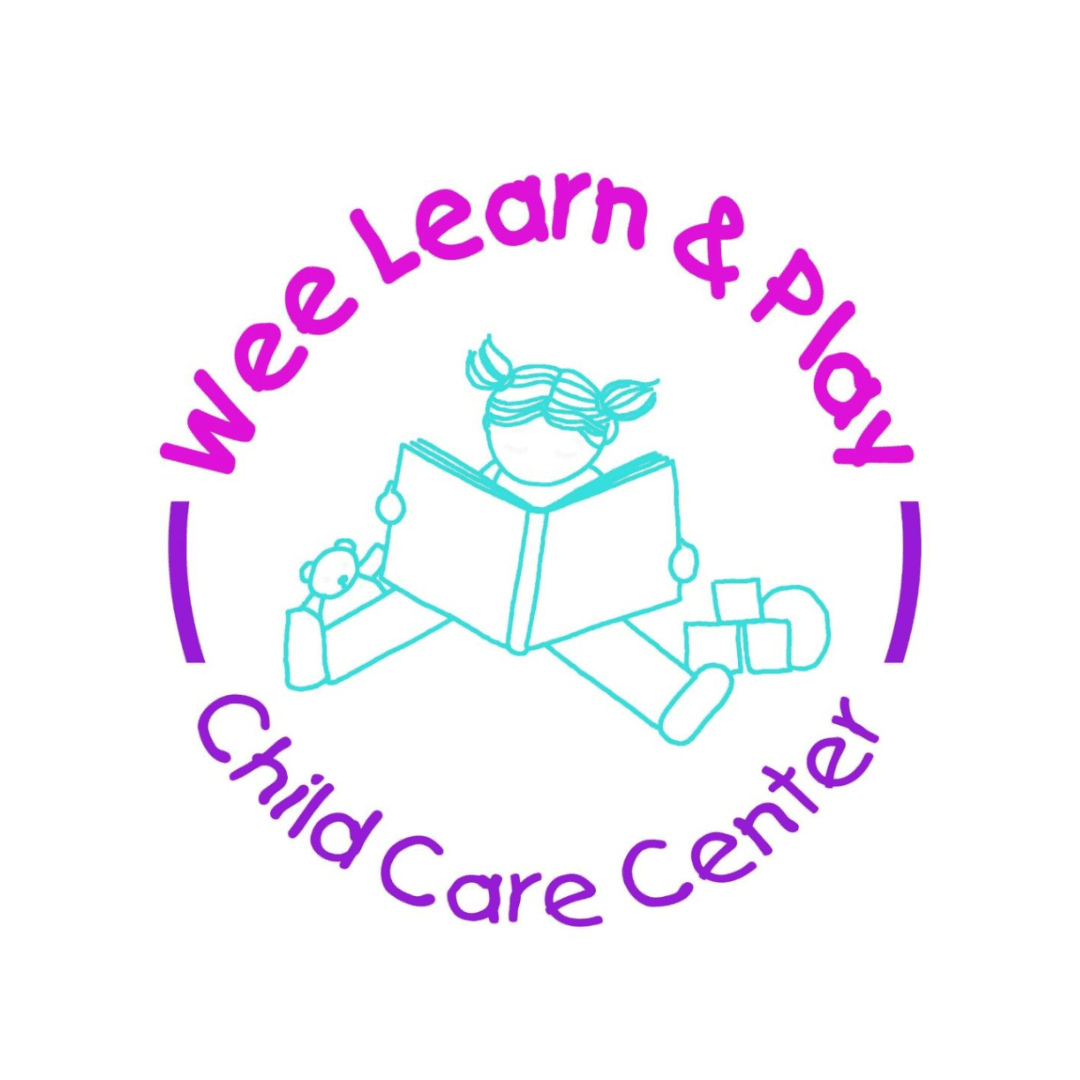The Importance of Free Play in Early Childhood

Created on April 2, 2024
“What can children possibly learn when they are just playing?” That is a question I have heard from several parents when they hear that I believe children learn best when they are playing and having fun. You can not only teach a child when they are playing, but you can learn about them as well!
Let’s start with what a child learns when they are playing.
Children learn cause and effect. For example, when they or you build a block tower, they quickly learn that it is not a strong and permanent object. The block tower eventually will fall over. While they often get upset the first few times, they eventually think it is fun and funny when they can cause the tower to topple to the ground.
Children learn colors. I love playing with little toy cars with children. I loved them as a child myself and would spend hours having races, driving them around, and creating roads for them to drive on. The children I care for love doing all that as well, but I now like to use the opportunity to work on colors with them.
While a group of us are playing with cars, I will make comments about the different colors, ones that are the same or different. I will ask for a specific color car to see if the child will pick a car of the correct color. When a child wants “that one’, I will try to get the child to tell me exactly which one by seeing if they can tell me the color.
Children learn shapes. Getting back to the blocks, children can build things and you can name the shape of the blocks being used. You can ask children for specific shaped blocks or encourage the child to tell you which shaped block they would like.
Children can learn counting. You can count how many outfits a doll has, how many stuffed animals will fit into a bin or bag, how many blocks made up their tower, or who has the most cars.
Children also learn social skills. While playing with another child or even an adult, children learn about sharing, patience, taking turns, and being a good friend. They learn compromise. By watching someone else use a toy, children can learn new ways to use their toys. Teamwork comes into play when children work together to build or create something.
Creativity and imagination abound when children play! Have you ever sat and listened to a child or group of children playing with toys? Often, they give the toys voices, make them talk. They use toys or objects in ways that they were not planned to be used. They find other things around the room to imaginatively create more to their play.
Vocabulary grows. Many children love talking while playing. Whether they are making a dinosaur or doll talk or playing house or store with a friend or alone, children are putting what they have learned about words into use. When you engage with your child during play, you are giving them more opportunities to increase their language skills and word vocabulary.
By being observant and a good listener, you can discover so much about your child as they play. You can hear what they are hearing from people who speak to them and around them. You can hear likes. dislikes, worries, fears, or things that are concerning to them or bothering them. You can see if there are gross motor concerns or if they really excel in a certain area. You can hear and sometimes see what is going on with them when you are not with them.
Play gives you the opportunity to connect with your child. It is a time when you join them where they are and by doing so, you are letting them know that you care about them and that they are important. You are helping their feelings of self-worth grow. You are building their confidence and demonstrating your love for them.
Being an active or passive participant in a child’s free play is important for the child’s development. There is so much growth and learning that can take place for both you and the child as well as the relationship between the two of you. The important thing is to let the child lead. You, as the adult, need to look for a utilize the teachable moments.
So, while play time may sometimes appear to be a time when a parent or caregiver is not doing anything, it is not that at all. You are giving your child the space and opportunity to learn many things that they need to work on. You are helping them become a person who will know how to be respectful, work with others on a common goal, compromise, work through disagreements, and be on the road to being a decent human being. In the end, isn’t that truly what we want for our kids?
Get in Touch
How Can We Help You?
Our team is awaiting your contact. Please send us a message, and we will reply as soon as possible.
